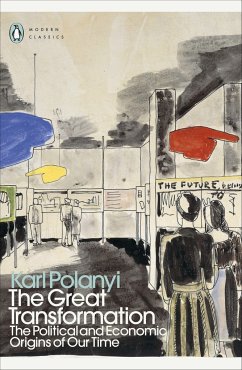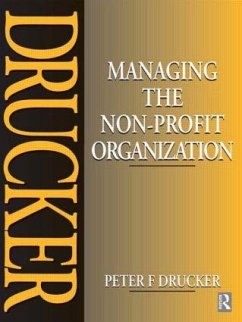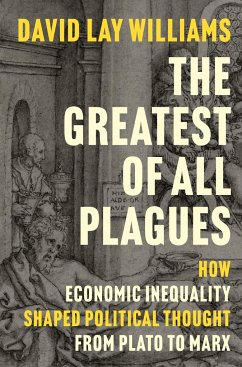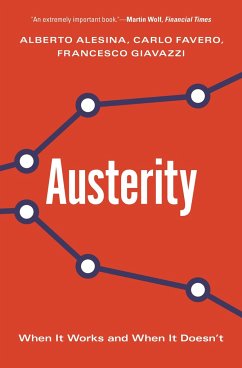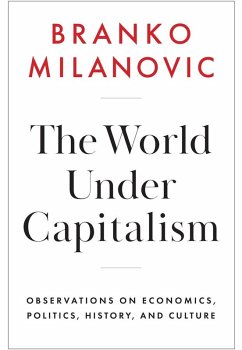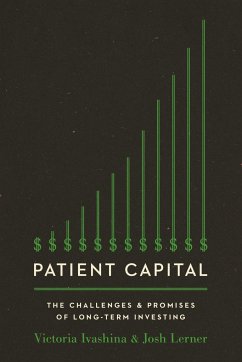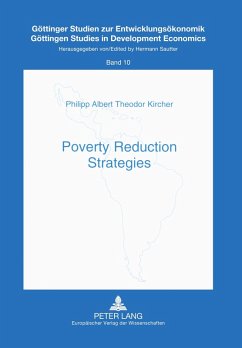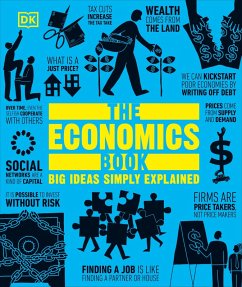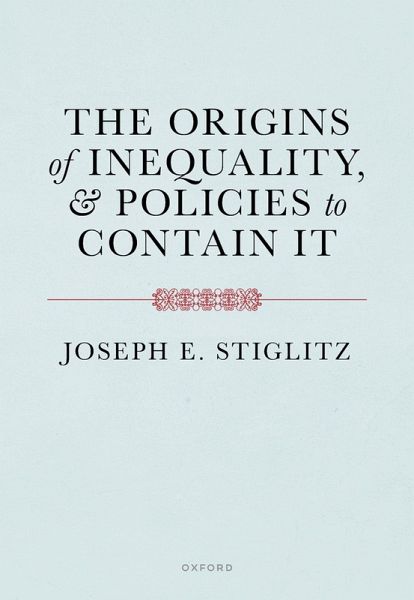
Joseph E. Stiglitz (Columbia University)
Broschiertes Buch
The Origins of Inequality
Versandkostenfrei!
Sofort lieferbar

PAYBACK Punkte
16 °P sammeln!




This book gathers together and extends to new frontiers Joseph E. Stiglitz's lifelong work, drawing upon the challenges and insights of each of these phases of his career.
Joseph E. Stiglitz is an American economist and a professor at Columbia University. He is also the co-chair of the High-Level Expert Group on the Measurement of Economic Performance and Social Progress at the OECD, and the Chief Economist of the Roosevelt Institute. A recipient of the Nobel Memorial Prize in Economic Sciences (2001) and the John Bates Clark Medal (1979), he is a former senior vice president and chief economist of the World Bank and a former member and chairman of the (US president's) Council of Economic Advisers. In 2000, Stiglitz founded the Initiative for Policy Dialogue, a think tank on international development based at Columbia University. He has been a member of the Columbia faculty since 2001 and received that university's highest academic rank (university professor) in 2003.
Produktdetails
- Verlag: Oxford University Press
- Seitenzahl: 880
- Erscheinungstermin: 27. März 2025
- Englisch
- Abmessung: 244mm x 171mm x 49mm
- Gewicht: 1504g
- ISBN-13: 9780198799597
- ISBN-10: 0198799594
- Artikelnr.: 71962857
Herstellerkennzeichnung
Libri GmbH
Europaallee 1
36244 Bad Hersfeld
gpsr@libri.de
Für dieses Produkt wurde noch keine Bewertung abgegeben. Wir würden uns sehr freuen, wenn du die erste Bewertung schreibst!
Eine Bewertung schreiben
Eine Bewertung schreiben
Andere Kunden interessierten sich für


